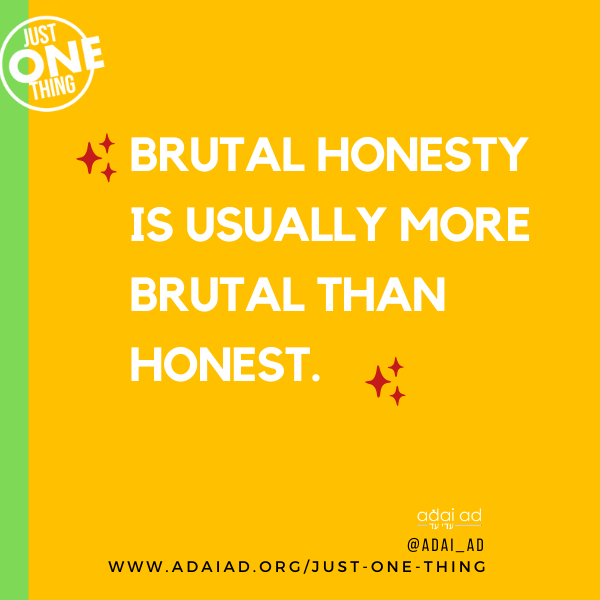Sometimes, it may seem like people can’t handle “brutal honesty,” and it can be tempting to think, “It’s not my problem if they don’t want to hear the truth.” However, true honesty isn’t just about laying down the facts; it’s also about how you communicate them.
When aiming for honest communication, focus on both what you say and how you say it. The delivery can often overshadow the content, causing more harm than clarity.
Firstly, ensure you’re sharing your perspectives as opinions rather than facts, and present actual facts as such.
Also, recognize that mixing honesty with emotions like anger or frustration doesn’t enhance clarity; it often overshadows it. True honesty involves being clear, specific, sincere, and authentic. You don’t need to raise your voice or be harsh to be honest. Deliver your message with respect and clarity, separating emotional intensity from the honesty you wish to convey.


